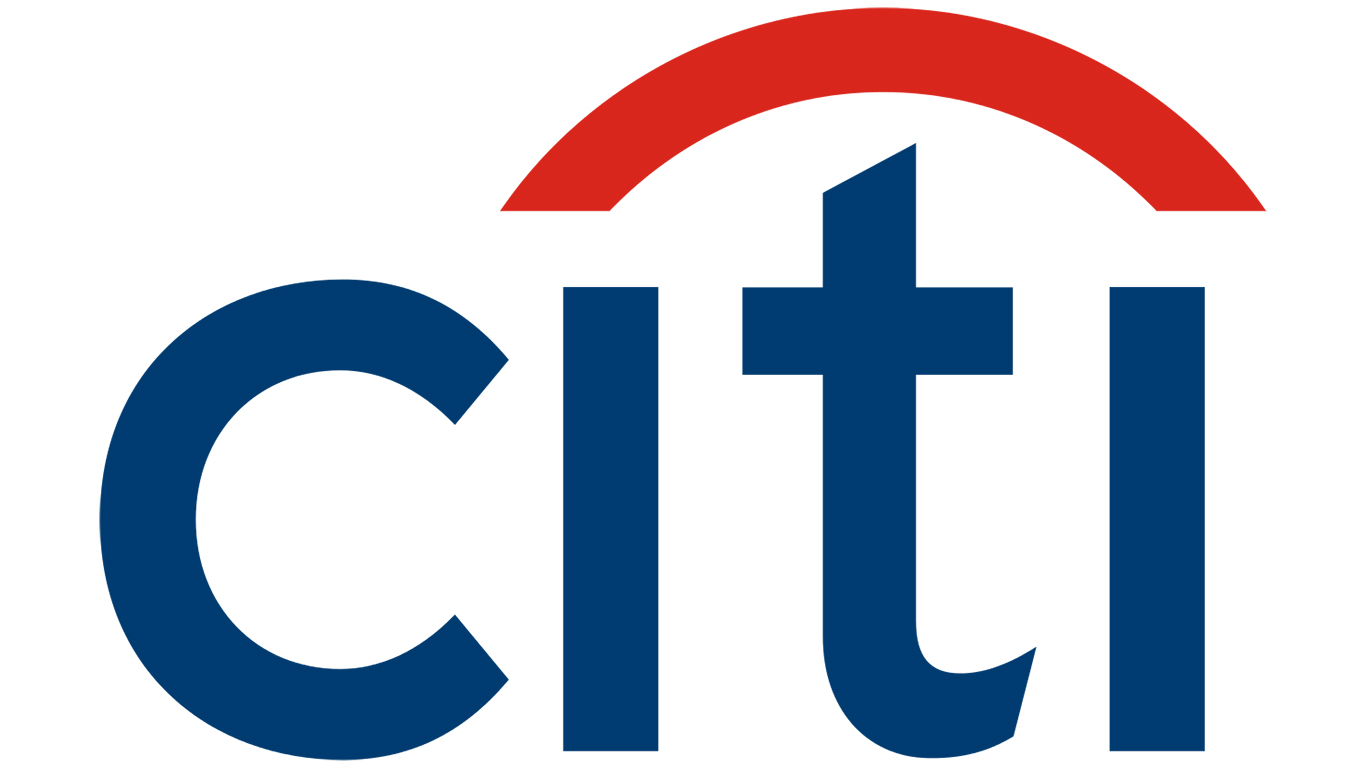Banking, finance, and taxes
Should Citigroup Get More Credit for Q1 Earnings?

Published:
Last Updated:

Citigroup Inc. (NYSE: C) released its first-quarter financial results before the markets opened on Monday. The firm said that it had $1.87 in earnings per share (EPS) and $18.6 billion in revenue, compared with consensus estimates of $1.80 in EPS and revenue of $18.63 billion. In the same period of last year, the financial giant said it had EPS of $1.68 on $18.87 billion in revenue.
Overall, first-quarter revenues decreased by 2%, reflecting the lower revenues in Equity Markets, as well as mark-to-market losses on loan hedges in Institutional Clients Group and the continued wind-down of legacy assets in Corporate/Other.
In terms of its segments, the bank reported as follows:
At the end of the quarter, loans totaled $682 billion, an increase of 1% from last year, while end-of-period deposits totaled $1.0 trillion, an increase of 3%.
Citigroup’s book value per share of $77.09 and tangible book value per share of $65.55, both as of quarter end, increased 8% and 7%, respectively.
Michael Corbat, Citi CEO, commented:
Our earnings reflect the progress we are making to improve our return on and return of capital. Both our consumer and institutional businesses performed well and we saw good momentum in those areas where we have been investing, such as U.S. Branded Cards, Treasury and Trade Solutions, and Investment Banking. Importantly, our strategy in North America consumer banking is showing good early results as we introduce new products and engage with a broader range of customers, through digital channels.
The bank did not mention any guidance in the report. However, the consensus estimates call for $1.87 in EPS and $18.73 billion in revenue for the second quarter.
Shares of Citigroup closed Friday at $67.42, in a 52-week range of $48.42 to $75.24. The consensus price target is $77.60. Following the announcement, the stock was relatively flat at $67.55 in early trading indications Monday.
The average American spends $17,274 on debit cards a year, and it’s a HUGE mistake. First, debit cards don’t have the same fraud protections as credit cards. Once your money is gone, it’s gone. But more importantly you can actually get something back from this spending every time you swipe.
Issuers are handing out wild bonuses right now. With some you can earn up to 5% back on every purchase. That’s like getting a 5% discount on everything you buy!
Our top pick is kind of hard to imagine. Not only does it pay up to 5% back, it also includes a $200 cash back reward in the first six months, a 0% intro APR, and…. $0 annual fee. It’s quite literally free money for any one that uses a card regularly. Click here to learn more!
Flywheel Publishing has partnered with CardRatings to provide coverage of credit card products. Flywheel Publishing and CardRatings may receive a commission from card issuers.
Thank you for reading! Have some feedback for us?
Contact the 24/7 Wall St. editorial team.